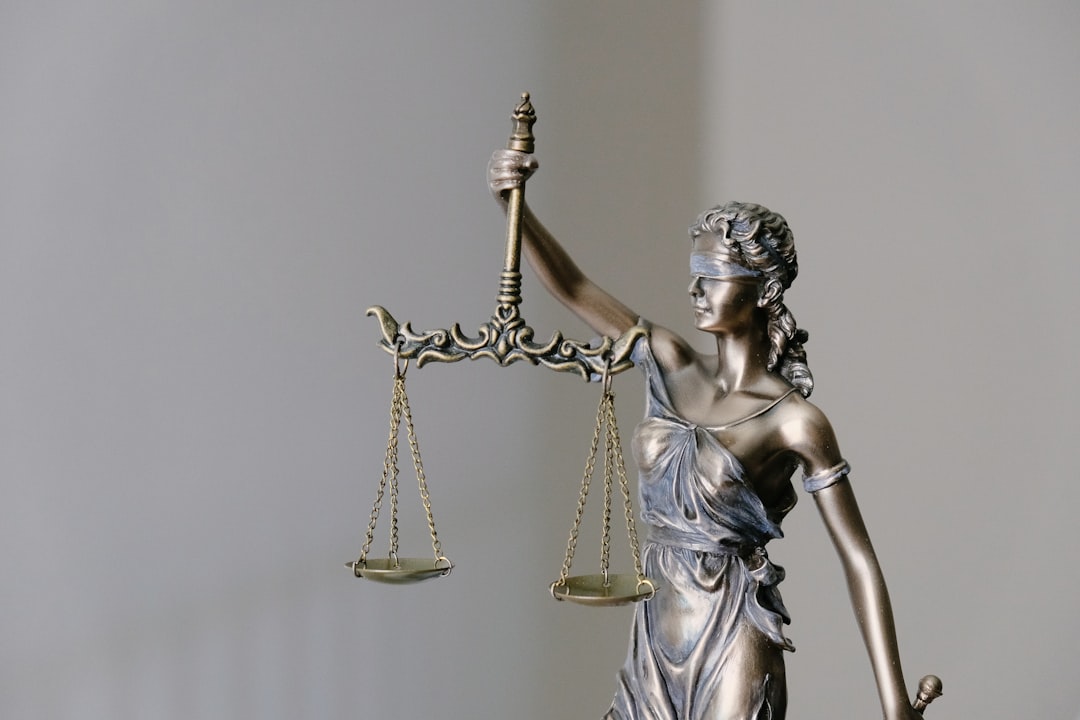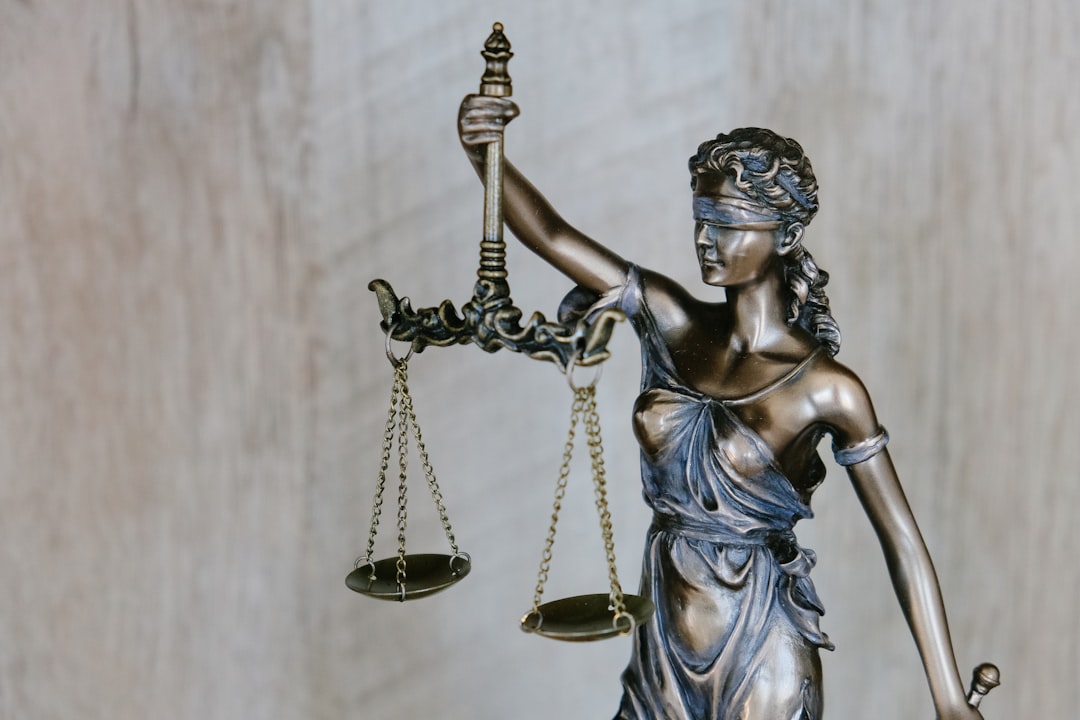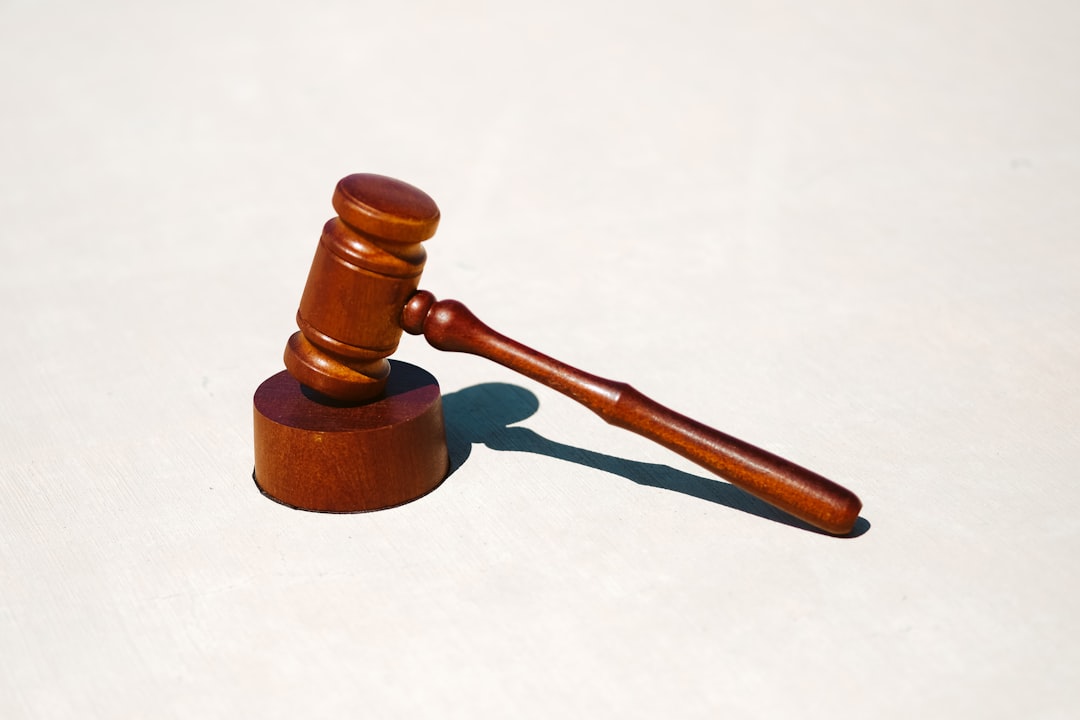Sensitive reporting on sexual assault requires a delicate balance between protecting victims' identities and holding perpetrators accountable. Media outlets in Indianapolis, IN, must collaborate with local sexual assault attorneys to ensure accurate legal representation, shed light on systemic issues, and advocate for justice while respecting survivor privacy. Ethical coverage involves avoiding sensationalism, stereotypes, and misreporting, focusing instead on factual information and resources for survivors. This collaboration is crucial for fostering informed public discourse and protecting victim rights.
“In the intricate landscape of media ethics, the reporting of sexual assault cases demands meticulous consideration. This article navigates the delicate balance between sensitivity and accountability in covering Indianapolis’ sexual assault cases. We explore ethical guidelines for journalists, focusing on the rights and privacy of survivors. Additionally, we delve into the media’s influence on public perception, fairness in coverage, and collaboration with legal professionals, including insights from sexual assault attorneys in Indianapolis, IN.”
Balancing Sensitivity and Accountability in Reporting

Reporting on sensitive topics like sexual assault cases requires a delicate balance between sensitivity and accountability. It is crucial for media outlets to treat such cases with the utmost care, ensuring that victims’ identities are protected while still providing accurate information. This approach respects the privacy of individuals involved, especially as many survivors may be reluctant to come forward due to potential backlash or judgment.
However, holding perpetrators accountable is equally vital. Media has a role in shedding light on systemic issues and advocating for justice. By working closely with sexual assault attorneys in Indianapolis, IN, journalists can ensure that legal aspects of these cases are accurately represented, allowing the public to understand the complexities and potential consequences while maintaining respect for all parties involved.
Ethical Treatment of Survivors: Rights and Privacy

In covering sensitive topics like sexual assault cases, media outlets must uphold the highest ethical standards to support survivors and ensure justice. The ethical treatment of survivors is paramount, encompassing both their rights and privacy. Survivors of sexual assault often face significant emotional trauma, making it crucial for media to approach these stories with compassion and care. This involves avoiding sensationalism, protecting the survivor’s identity unless they choose to come forward publicly, and respecting their right to privacy during and after the legal process.
Sexual assault attorneys in Indianapolis, IN, frequently work closely with survivors who seek justice through the legal system. Media professionals have a responsibility to collaborate with these attorneys and survivors to present accurate, fair, and non-exploitative narratives. Balancing public interest with the rights of survivors requires careful consideration of language, imagery, and overall presentation to foster an environment where victims feel safe and supported while holding perpetrators accountable.
The Role of Media in Shaping Public Perception

The media plays a significant role in shaping public perception about sensitive issues like sexual assault cases. In reporting these incidents, especially in a city like Indianapolis IN, where there is a need for awareness and justice, the press has immense power. The way stories are framed and portrayed can influence how the community understands and responds to such heinous crimes. Ethical media coverage ensures that victims are treated with dignity and respect while holding perpetrators accountable.
In the context of sexual assault cases, media ethics demand sensitivity, accuracy, and fairness. Reporting should avoid sensationalism and stereotypes often associated with these cases. Instead, it should focus on providing factual information, highlighting the resources available for survivors, and promoting a culture where victims feel safe to come forward. With the presence of sexual assault attorneys in Indianapolis IN, media outlets can collaborate to raise awareness, ensure due process, and foster an environment that supports justice for all victims.
Fairness and Accuracy in Coverage of Sexual Assault Cases

Reporting on sexual assault cases requires a delicate balance to ensure fairness and accuracy. It’s crucial for media outlets in Indianapolis, IN to go beyond sensationalism and provide comprehensive coverage that respects victims while holding perpetrators accountable. This includes thorough fact-checking, sensitivity towards the victim’s identity, and presenting information without bias or judgment.
Sexual assault attorneys in Indianapolis play a vital role in this process by offering legal expertise and ensuring the case is reported accurately from a legal perspective. They can provide insights into complex issues surrounding consent, evidence collection, and potential legal outcomes. Engaging with these professionals helps journalists present a nuanced understanding of sexual assault cases, thereby fostering a more informed public discourse without causing further harm to victims.
Collaboration with Legal Professionals: A Media Perspective

In reporting on sensitive cases like sexual assaults in Indianapolis, collaboration with legal professionals is paramount from a media ethics standpoint. Journalists should actively engage with sexual assault attorneys in Indiana to ensure accurate and responsible coverage. These attorneys can provide valuable insights into legal processes, offer guidance on privacy considerations, and help contextualize the case within existing laws and precedents.
By fostering open lines of communication, media outlets can avoid misreporting and sensationalism. Sexual assault attorneys in Indianapolis can also assist journalists in navigating the complexities of these cases, ensuring that victims’ identities are protected while still delivering impactful narratives. Such partnerships promote a balanced approach, upholding ethical standards and showing respect for both survivors and the legal system.





